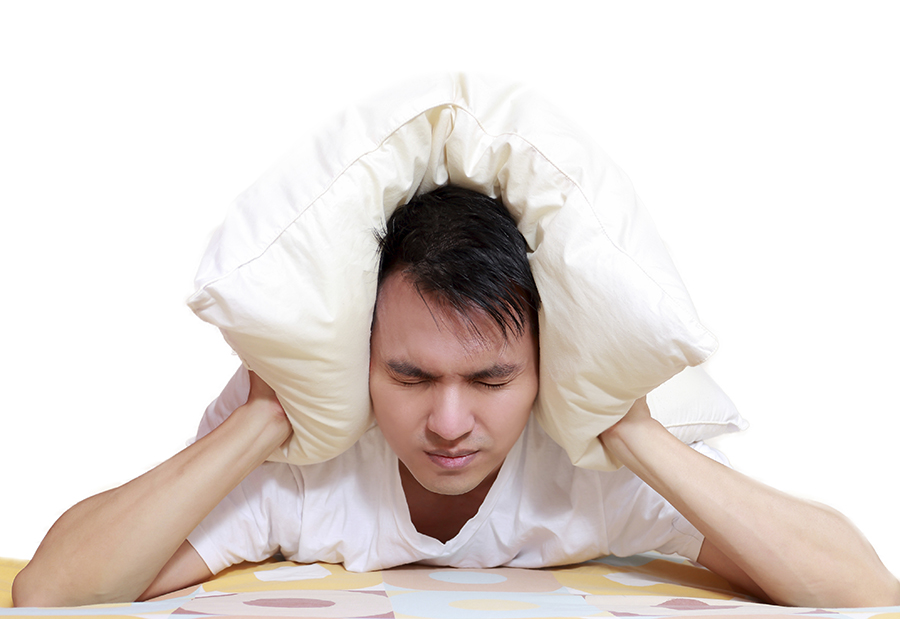
(This content is being used for illustrative purposes only; any person depicted in the content is a model)
By Cheryl Steinberg
When we talk about relapse, we often use the terms “prelapse” or “mental relapse.” In actuality, the concept of relapse, when it comes to addiction, is something that includes the mental aspect – mood, mindset, and later, behaviors, that reflect a downward spiral. Therefore, “relapse” means all the mental stuff that leads up to picking up a drink or drug after some sobriety.
Here are 8 things to do when you’re in relapse mode.
#1. Be self-aware
Maybe you practice prayer and meditation. Maybe it’s CBT or some other therapy. Whatever it is, you will need something to support you in being self-aware. When we were in active addiction, we were used to just going through the motions and merely trying to survive. Oh, and denial ran deep. Recovering from addiction means having the insight and willingness to look at ourselves.
#2. Be honest
With yourself and others.
#2. Decide where you’re at
There are 11 phases of relapse, with the last phase being the actual use of alcohol or other drug. Get acquainted with this scale and practice identifying how you feel on a daily basis. This will take a heck of a lot of #1 and #2 to accomplish.
#3. Step up your game
Whether it’s a 12 step program or some other program of recovery, it’s time to take action. Get to a meeting. Call someone to get you there. Call your sponsor (again, if 12 steps is your thing).
#4. Get other support
If you see a therapist or other counselor, make an appointment to be seen as soon as possible. If you don’t have other support to bolster your program, such as a therapist, maybe it’s time to consider scheduling an appointment with one. You might be surprised at how much better you feel once you take action – even before you actually get to talk to someone.
#5. Set (and re-set) safe boundaries
You have already heard that you need to change people, places, and things. Perhaps you’ve become complacent in your recovery. Maybe you have some time under your belt and you don’t seem to have a problem hanging out with normies – even as they drink, smoke pot, or use other substances. But, if you’re in relapse mode, it’s urgent to change this. Quick, fast, and in a hurry.
#6. Don’t isolate
As much as you might want to, don’t isolate yourself from others. In fact, you should do the exact opposite. Reach out to the friends and family members you trust the most. Tell on yourself. And let yourself feel the love and support they have to offer.
#7. Help someone else
The 12 Steps is all about service to others but, hear me out, if you’re not a 12-stepper, there are tons of other schools of thought that encourage helping others, especially when you’re going through it. Science supports that being in service to others works tremendously to shift your mood from negative to positive.
#8. Stop feeling sorry for yourself
Be gentle with yourself and show yourself the same compassion that you would want others to show you – often times, we are wayyyy harder on ourselves than we are on others. With that said, don’t sit and wallow in self-pity. Decide that you are worthy of sobriety and that you are willing to do whatever it takes to maintain it.
If you are struggling with substance abuse or addiction, or you have a loved one who struggles, help is available in the form of addiction treatment. Programs that treat this medical condition will teach you all about relapse prevention while handing you the tools – healthy coping methods – to use in order to lead a healthy, happy, substance-free life. Call toll-free 1-800-951-6135 today.